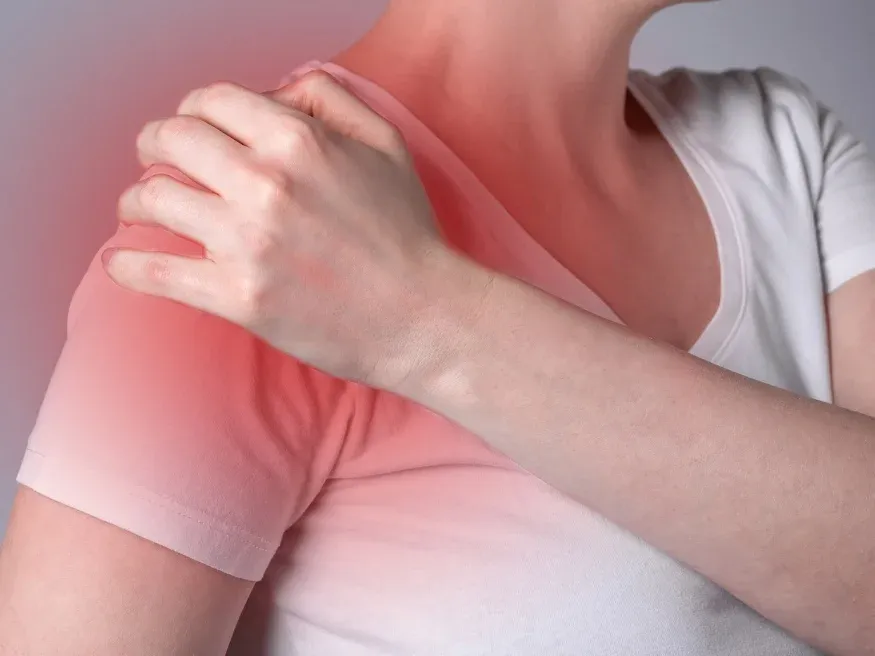How Joint Genesis™ Helped My Frozen Shoulder, Knees & Joints Feel Better (My Honest Story) How Joint Genesis™ Helped My […]
IntroductionInsulin resistance is a condition in which the body’s cells become less responsive to insulin, leading to high blood sugar
The Power of Nutrition in Reversing Insulin Resistance Read Post »
The rapid growth of data centers that support artificial intelligence is reshaping how electricity systems operate across the United States.
✅ Practical everyday use ⚡ Saves time 🎁 Gift-friendly 🏷️ Popular pick Price Right Now: $34.99 – $24.96 Checked Limited-time
But there are two categories of nonprofessionals whose place in the history of the art strikes me as particularly exalted.
Nonprofessional Actors Are the Heart of the Movies Read Post »
IntroductionEmbarking on a weight loss journey can be a challenging and daunting task. It requires dedication, commitment, and consistency to
A car injury can significantly impact your life, affecting both your physical and mental health. When dealing with recovery, the
Top Attorneys For Car Accident Cases In Austin Read Post »
✅ Practical everyday use ⚡ Saves time 🎁 Gift-friendly 🏷️ Popular pick Price Right Now: $9.99 – ($8.54 / count)
✅ Practical everyday use ⚡ Saves time 🎁 Gift-friendly 🏷️ Popular pick Current Price: $5.03 Checked Limited-time pricing may apply








